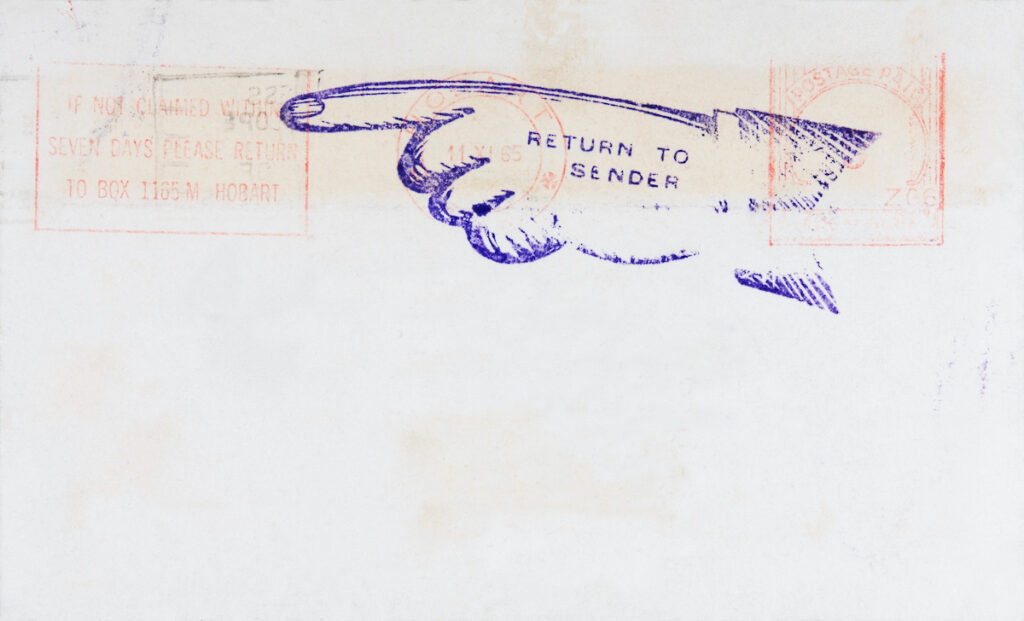In many families, everyone gets along, happily gathering for the holidays, sharing laughs, telling stories, and enjoying each other’s company. Then, the matriarch or patriarch dies. Suddenly, years of pent-up resentment and hurt feelings surface. Then, the once-happy family faces litigation over the head of the family’s money and property. Here, we discuss family estates. […]
Category Archives: Estate Administration
Estate planning involves more than asset allocation. It is about preserving your legacy and ensuring your values continue to impact your loved ones long after you’re gone. At Skvarna Law Firm, we understand that a comprehensive estate plan should reflect not only your financial wishes but also your life lessons, experiences, and hopes for future […]
Losing someone you love to death is difficult. When your loved one’s mail continues to arrive, you may struggle even more. Once the court appoints you executor or personal representative of a deceased loved one’s probate estate, take these steps. The same is true if you serve as the successor trustee of the loved one’s […]
More than half of millennials say they expect to inherit approximately $350,000 or more from their aging parents. But baby boomers say they plan to leave far less than that to their kids. One survey found that many do not plan to leave behind any money.In another study, just 26 percent of Americans, including 22 percent of baby boomers, said they expect to leave an inheritance
Given Snow White’s young age when her father passed, it is likely that she was too young to manage a large sum of money or rule a kingdom without some guidance and oversight. Therefore, whatever he wanted to leave behind for Snow White could have been held in trust for her, either under his will as a testamentary trust or as a sub-trust of his revocable living trust. A trust would have allowed him to craft specific instructions on when and how Snow White would receive her inheritance. If the king created a separate sub-trust for Snow White, he could provide instructions so Snow White would receive her inheritance when the king died instead of waiting until her stepmother passed away to receive whatever was left over.
In movies and television shows, there is often a dramatic scene where family members gather in a lawyer’s office for the reading of the will. The atmosphere is usually tense, and everyone is eagerly waiting to find out who gets what.
As part of the estate planning process, you should discuss with your attorney the role they will play during your lifetime and whether they can also assist your loved ones with estate and trust administration when you pass away.
As trust beneficiaries die and younger generations become the new heirs, vague provisions or outright mistakes in the original trust agreement may become apparent. Decanting can be used to correct these problems.
A conservatorship is a court-ordered arrangement that gives one person (or multiple people), called a conservator, legal authority to manage the affairs of another person, known as a conservatee or ward. Conservatees are often children. Incapacitated adults and those with developmental or age-related disabilities often enter conservatorship.
A husband may move out of the home he shared with his wife and have limited or no contact with her or their children. An abused child who lives with a relative may avoid contact with their parent. A parent may choose not to associate with a child who has committed crimes or abused their trust. These types of situations are unfortunate and occur more often than we would like. Limited contact, or even the absence of any contact, fails to majorly impact the legal right of an estranged spouse or child to inherit from their family member. This is especially true if no estate plan expresses an intention to disinherit them.
- 1
- 2











